May is right around the corner, so it’s time to nail down your plans for a paid internship. Check out these 8 exciting summer internships on WayUp that could make this summer the best yet.
Operations Engineering Summer Internship, Generation Brands
Work with one of America’s leading lighting companies to improve manufacturing processes and other operations support functions. Besides learning a ton at Generation Brands you also get paid up to $15 per hour (win!).
E-Commerce Engineering Internship, JCPenney
Listen up if you have a major in Computer Science, MIS, Information Security, Cyber Forensics or Data Analytics. You will spend your summer at this Fortune 500 company working to support their digital platforms This is also an amazing opportunity to get mentorship and coaching from senior leaders.
Growth Marketing and Operations Internship, NextGenVest
NextGenVest is a financial services startup that is like your friend who is in the know on all things finance. This paid internship in New York City will allow you to work alongside their VP of Operations to engage with other student users and to establish partnerships with General Assembly, Chegg, Chipotle and other organizations.
Community and Content Marketing Internship, Storyhunter
Storyhunter was founded in 2012 by a group of journalists, filmmakers and web developers who set out to build a platform to help media professionals everywhere find work. Today, this inspiring team is looking for a paid intern who can write and manage their blog, and produce videos for social distribution channels.The best part – successful completion of this internship is likely to lead to a full-time paid job at the company!
Recruiting Internship, Signpost
This company is #27 on Crain’s Best Places to Work and is a leading provider of CRM and marketing automation software for small businesses. As a recruiting intern, you’ll work with senior leaders at this growing startup to source qualified candidates to work at Signpost, manage job postings, and other recruitment related projects.
Summer Intern, Of a Kind
Got your sights set on fashion and design? Get in on the ground floor and work with hundreds of emerging fashion, home and jewelry designers as a paid intern at Of a Kind.
Marketing and General Internship, Squad
Get paid this summer to work directly with the CEO of this social networking app. You will be tasked with growing the user base of Squad. This is a unique experience to learn what goes into the early stages of a company and to get first hand access to a fast-paced tech company in the heart of Silicon Alley (AKA New York City).




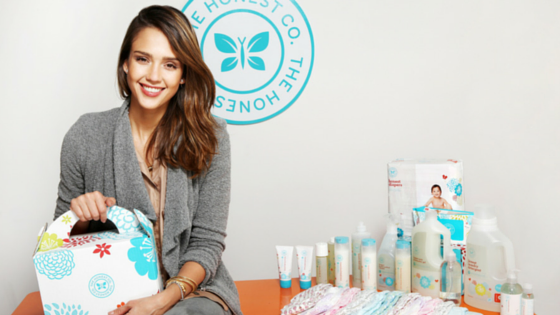







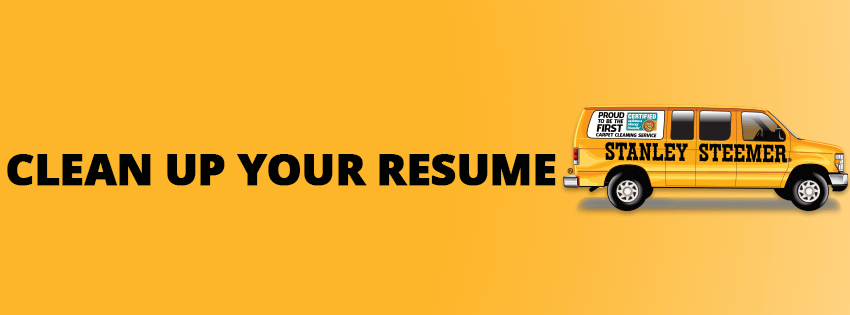
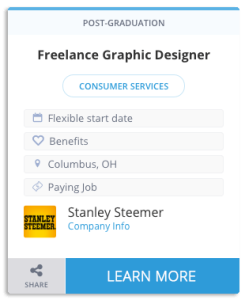
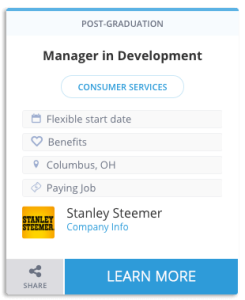
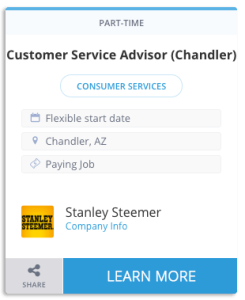
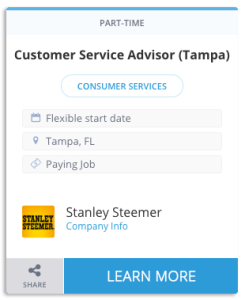



.png)


